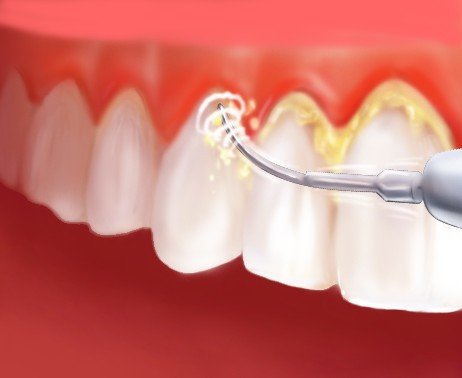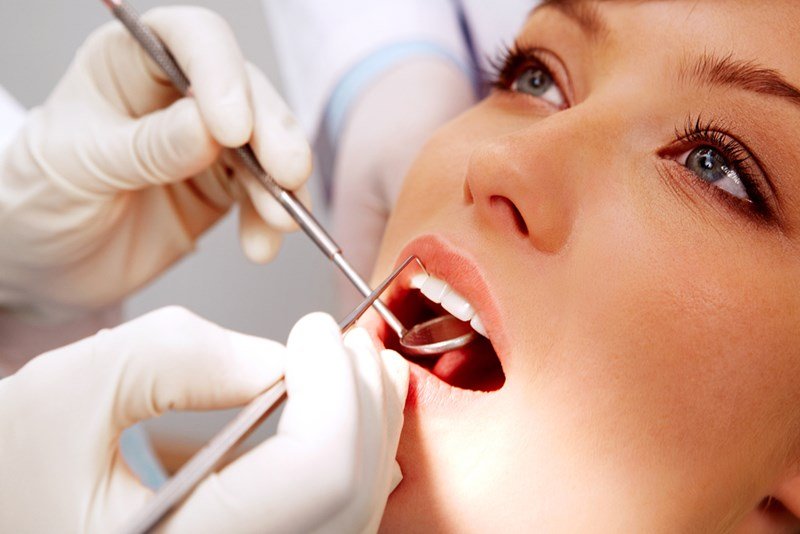Is Deep Cleaning Good or Bad for Gum Disease?
“Deep cleaning” often means scaling and root planing to a dentist or periodontist. Scaling is the process by which plaque (bacteria and food mixture) and calculus (tartar or mineralized plaque deposits) are removed from both supragingival (above the gum) and subgingival (below the gum) tooth surfaces.
Root planing involves removing plaque, calculus and smoothing rough root surfaces with fine scalers and ultrasonic instruments. This “planes” the roots under the gum to provide a smooth, clean surface to which the gums can reattach. After treatment, the goal is for the gingival (gum) tissue will become tight, pink, and healthy, with no bleeding or redness. Hopefully, the pockets that have formed between the teeth and the gums will shrink, reducing the need for surgical intervention.
Root planing is a treatment approach for gum and periodontal disease. However, the patient must be aware of certain issues:
- After root planing, teeth can become temporarily sensitive to cold air or cold liquids.
- After treatment, the gums will shrink as they get healthy and spaces between the teeth may develop. You may also experience gum recession on the outside surfaces of some of your teeth, but either situation is better than leaving gum disease insufficiently treated.


